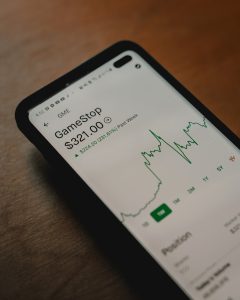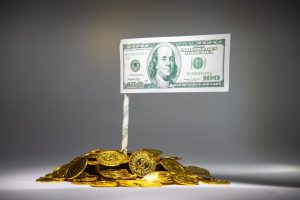Forex trading is an exciting and potentially lucrative activity that has become increasingly popular in recent years. It involves buying and selling currencies on the foreign exchange market, with traders seeking to profit from fluctuations in exchange rates. One of the most important trading sessions in the forex market is the Tokyo session, which is the first major session to open after the weekend. In this article, we will explain how to trade Tokyo forex.
Understanding the Tokyo Forex Market
The Tokyo forex market, also known as the Asian session, is the first major session to open after the weekend. It begins at 7 pm EST and lasts until 4 am EST. This session is particularly important because it overlaps with the London and New York sessions, which are the two most active trading sessions in the forex market. As a result, there is often increased volatility during the Tokyo session, which can present opportunities for traders.
The Tokyo forex market is dominated by the Japanese yen, which is the third most traded currency in the world. Other major currencies that are actively traded during this session include the US dollar, the euro, the British pound, and the Australian dollar. Traders should be aware of the economic data releases and events that can impact these currencies, as they can have a significant impact on exchange rates.
Tips for Trading Tokyo Forex
1. Know the Economic Calendar
The economic calendar is a key tool for forex traders as it provides information about upcoming economic data releases and events that can impact exchange rates. Traders should pay close attention to the economic calendar during the Tokyo session, as there are often important data releases from Japan and other Asian countries. These can include GDP, inflation, and employment data, as well as central bank announcements.
2. Use Technical Analysis
Technical analysis is a popular method for analyzing the forex market, and it involves using charts and indicators to identify patterns and trends. Traders should use technical analysis during the Tokyo session to identify potential entry and exit points for their trades. They can use tools such as moving averages, Bollinger bands, and Fibonacci retracements to help them make trading decisions.
3. Monitor Market Sentiment
Market sentiment refers to the overall mood or attitude of traders towards a particular currency or the forex market as a whole. Traders should monitor market sentiment during the Tokyo session to get a sense of whether the market is bullish or bearish. This can help them make more informed trading decisions and avoid taking positions that are contrary to the prevailing sentiment.
4. Use Stop Losses
Stop losses are an important risk management tool for forex traders. They allow traders to limit their potential losses by automatically closing out a position if the market moves against them. Traders should always use stop losses when trading Tokyo forex, as the increased volatility during this session can result in sudden and significant price movements.
5. Be Prepared for Overnight Swaps
Overnight swaps are the interest rate differentials between the currencies being traded. Traders who hold positions overnight during the Tokyo session will be subject to overnight swaps, which can either be positive or negative depending on the currencies involved. Traders should be aware of these swaps and factor them into their trading decisions.
Conclusion
Trading Tokyo forex can be a profitable and exciting activity for forex traders. However, it requires a solid understanding of the market and the tools and strategies needed to succeed. Traders should pay close attention to the economic calendar, use technical analysis, monitor market sentiment, use stop losses, and be prepared for overnight swaps. With the right approach and mindset, traders can capitalize on the opportunities presented by the Tokyo forex market.





